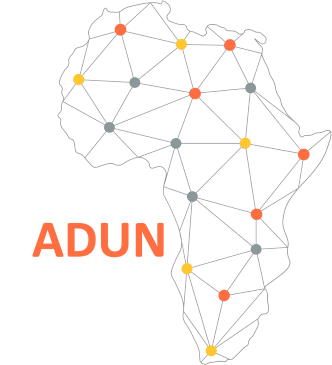Abstract
In recent years Information Communication Technologies (ICTs) have increasingly been used by transnational migrant families in order to maintain connections and a sense of co-presence despite geographical distance. In this paper I will discuss the findings of a research project that examined the use of ICTs by African migrants who moved to South Africa from Zimbabwe, Malawi, Kenya and the DRC; as well as those moving from rural areas in South Africa to Gauteng and those leaving South Africa for non-African countries. While the use of ICTs has steadily developed in recent decades, the stories of our participants highlight that these do not necessarily overcome structural inequalities. Distance is ultimately a social construction which is felt in terms of resources, rather than kilometres. The experiences of our participants suggest that most families, whatever their means, are strongly motivated to use whatever resources they have at their disposal to fulfil their familial obligations and to participate in family life across distance. However, they do not all share access to the same tools or have the same ability to use them. In practical terms, economic constraints precluded many of our migrant participants from gaining access to smartphones, the technology that enables inexpensive communication with family far away. Poorer migrants may have to choose whether to purchase data or prioritise more urgent needs such as food and rent. Furthermore, while many participants appreciated the opportunity of co-presence that the technology afforded them, physical proximity was unattainable. The intimacy that is a by-product of embodied co-presence is often foregone creating an absence at the heart of the digital connection. Ultimately, digital access, which is a fundamental need and right, is interdependent with, and limited and bounded by, access to different kinds of resources, which are themselves contested and unevenly distributed in South Africa. In conclusion I argue that digital justice, in this instance the restitution of data-driven inequities, must become a matter of action and opportunity to all.
More about the presenter
Maria Marchetti-Mercer is an Italian-born clinical psychologist and family therapist who emigrated to South Africa as a child. She was the Head of the Psychology Department at the University of Pretoria for ten years before moving to Wits in 2012, where she served as the Head of the School of Human and Community Development for five years. She is now a professor in the Department of Psychology, University of the Witwatersrand, in Johannesburg, South Africa. She is a C1 rated National Research Foundation scientist and her most current area of research is the impact of emigration on South African families. She is a fellow of the Oxford Symposium of School-based Family Counselling and a member of their Refugee and Migrant team. In 2008, she received an award from the Institute for School-Based Family Counselling and the University of San Francisco Center for Child and Family Development for outstanding international contributions to School-Based Family Counselling. In 2022 she received the Order of the Star of Italy from the Italian government in recognition of her academic work. Her edited book (together with Profs Leslie Swartz and Loretta Baldassar, “Transnational Families in Africa: Migrants and the role of Information Communication Technologies” (published by WitsPress) will appear later this year.
